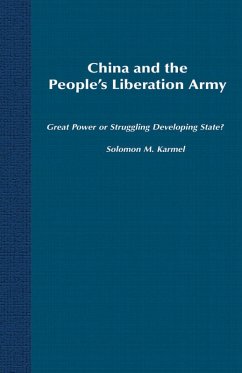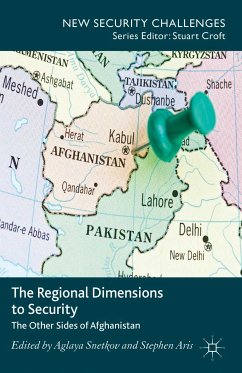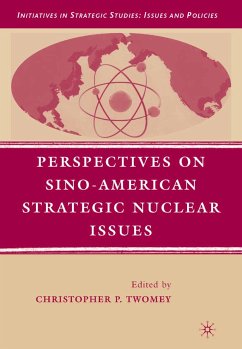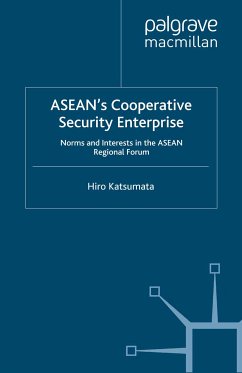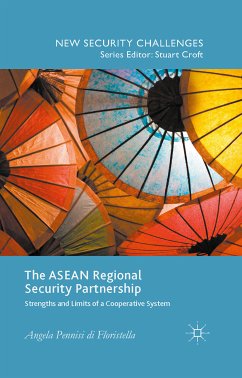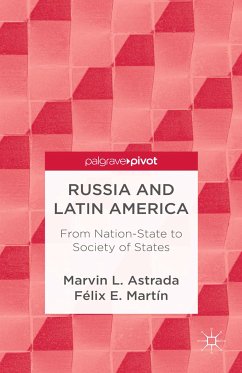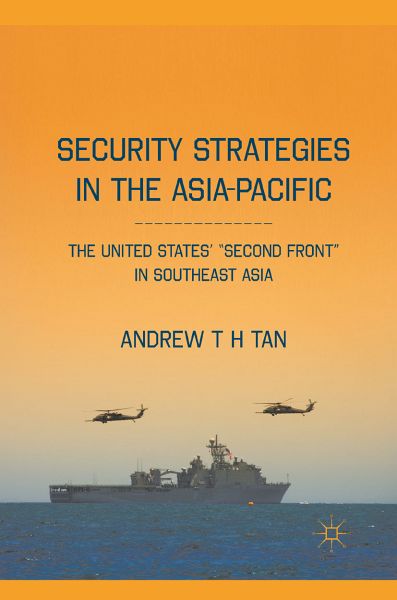
Security Strategies in the Asia-Pacific (eBook, PDF)
The United States' "Second Front" in Southeast Asia
Versandkostenfrei!
Sofort per Download lieferbar
40,95 €
inkl. MwSt.
Weitere Ausgaben:

PAYBACK Punkte
20 °P sammeln!
This book argues that, given the existence of a discrete Malay archipelago security complex, it is a fallacy for the United States to approach this region primarily through the prism of global counter-terrorism
Dieser Download kann aus rechtlichen Gründen nur mit Rechnungsadresse in A, B, BG, CY, CZ, D, DK, EW, E, FIN, F, GR, HR, H, IRL, I, LT, L, LR, M, NL, PL, P, R, S, SLO, SK ausgeliefert werden.



